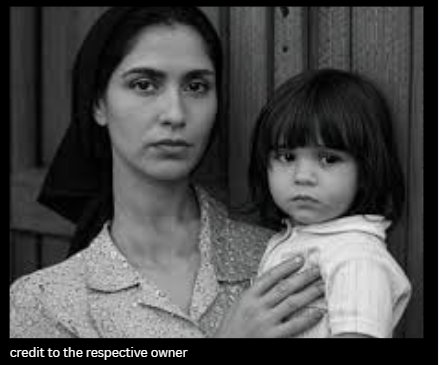In 1943, Ottla Kafka made a decision few could truly understand. When the order came to transport children to Auschwitz, she did not turn away. Instead, she volunteered to go with them—fully aware of the terrible fate that awaited.
Born on October 29, 1892, in Prague, Ottla was the youngest of four children in a Jewish family. While her brother, Franz Kafka, became one of the world’s most famous writers, Ottla quietly forged her own legacy of courage. Independent and strong-willed, she broke from tradition—studying agriculture, managing farms, and marrying Josef David, a Christian lawyer, despite societal disapproval.
As Nazi persecution grew harsher, she divorced in 1942—likely to protect her husband and their two daughters. That same year, she was deported to the Theresienstadt ghetto. There, she devoted herself to helping others, especially the youngest and most vulnerable.
In October 1943, the order came for a transport to Auschwitz. Among those listed were dozens of children. Ottla could have stayed behind, but instead she stepped forward to accompany them—offering comfort on a journey with no return.
On October 7, 1943, Ottla and the children were murdered in the gas chambers.
Her letters to Franz Kafka endure, revealing a woman of deep warmth, independence, and moral strength. History remembers her not just as the sister of a literary genius, but as someone who, in her final act, chose compassion over survival.
